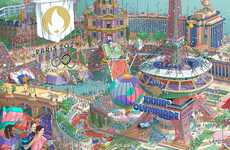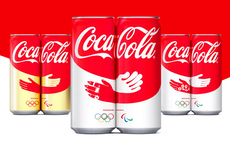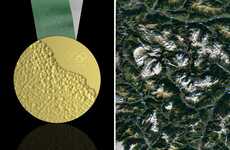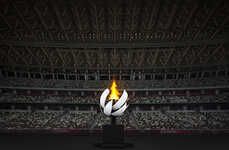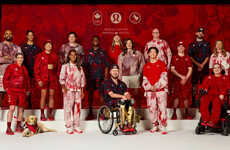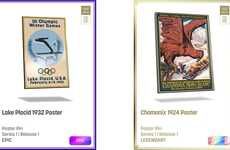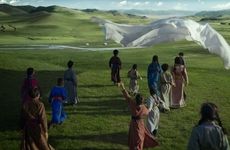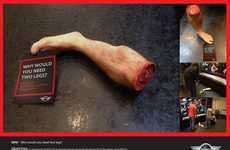
This Graphic Looks Back at Olympic Mascots as Far as 1968
Laura McQuarrie — February 13, 2014 — Special
References: visual.ly & designtaxi
This infographic by Marie Elwood takes a look back at all the Olympic mascots since 1968, plus some fun facts about each host country. For the last nine Summer and Winter Games, there have been pairs or groups of Olympic mascots. Considering that the games are all about community rather than individualism, this shift seems to make sense.
The characters range from imaginary creatures to charming animals that usually hold quite a bit of symbolism for the country. Beijing's 'Fuwa' mascots in 2008 were representative of each Olympic ring and the phrase "Beijing welcomes you."
The mascots representing this year's Winter Games at Sochi are Bely Mischka and Zaika, two snowy animals that were determined for the first time ever by a public vote.
The characters range from imaginary creatures to charming animals that usually hold quite a bit of symbolism for the country. Beijing's 'Fuwa' mascots in 2008 were representative of each Olympic ring and the phrase "Beijing welcomes you."
The mascots representing this year's Winter Games at Sochi are Bely Mischka and Zaika, two snowy animals that were determined for the first time ever by a public vote.
Trend Themes
1. Evolution of Olympic Mascots - Analyzing the changing trends of Olympic mascots can inspire new and innovative designs for future sporting events.
2. Symbolism in Olympic Mascots - Exploring the symbolism behind Olympic mascots can lead to creative branding and marketing opportunities.
3. Public Involvement in Mascot Selection - Engaging the public in selecting Olympic mascots can increase consumer engagement and generate excitement for the event.
Industry Implications
1. Sports Merchandising - Utilizing the evolving trends in Olympic mascots can drive sales and create unique merchandise for sporting events.
2. Graphic Design - Understanding the symbolism in Olympic mascots can inspire graphic designers to create visually appealing and meaningful designs for various industries.
3. Event Planning - Involving the public in mascot selection can be applied to event planning, allowing attendees to have a voice in shaping the event experience.
4
Score
Popularity
Activity
Freshness


